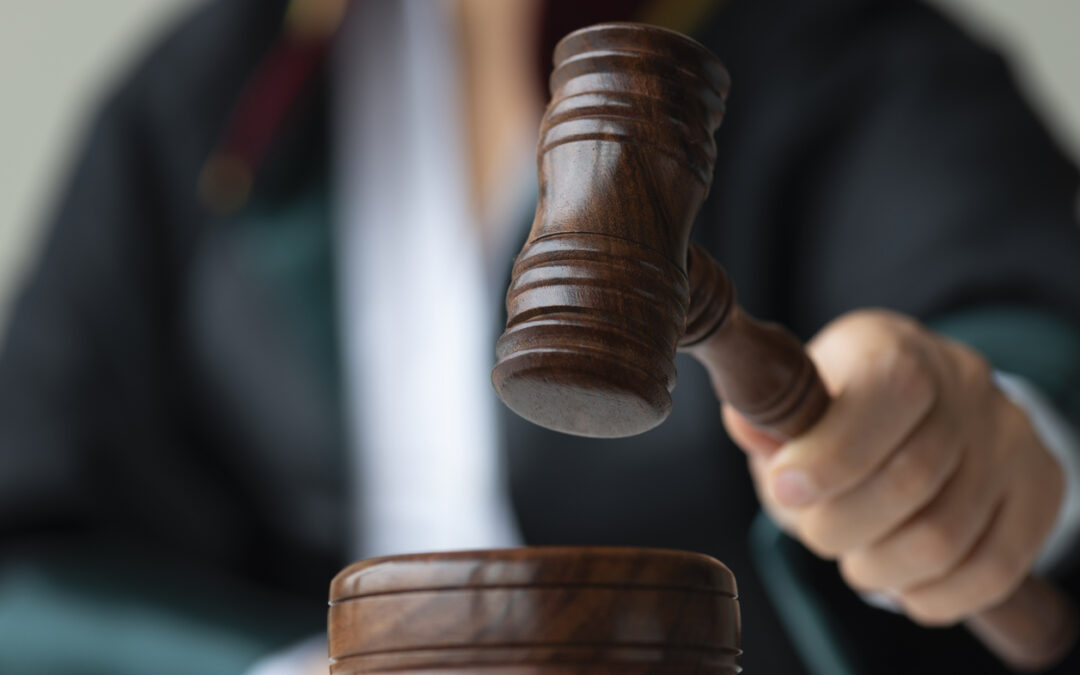Judge Upholds Kansas Nursing Board Action Over Expired License
A recent Kansas case underscores a tough reality for healthcare professionals: neither licensing deadlines nor judges bend for personal hardships. On September 15, 2025, an administrative law judge upheld the Kansas Board of Nursing’s decision to discipline a Wichita nurse and dementia-care educator, Amy Siple, RN, for “unprofessional conduct” after letting her nursing license lapse while continuing to speak at professional events.
Background
Siple missed her 2024 license renewal deadline while caring for her husband during a serious illness. Although she was not actively treating patients, she continued to give dementia-related presentations at conferences and offered free advice to families of dementia patients.
The Board of Nursing viewed these activities as “practicing nursing without a license.” As a result, it issued an “unprofessional conduct” finding and suspended her license, a designation Siple says will make future employment difficult.
Judge’s Ruling
In September, an administrative law judge ruled that the Board acted within its authority. The judge rejected Siple’s argument that her conference presentations were protected free speech, but the judge ruled that constitutional claims should be addressed in a different court. Siple plans to appeal to a Kansas district court.
Why Extenuating Circumstances Rarely Prevail
This case shows a consistent pattern across state licensing boards:
- Strict Laws are Enforced: Licensing Boards have very little flexibility once a license lapses.
- Public Safety Comes First. Boards prioritize public safety, even if no direct harm occurs.
- Administrative limits are enforced. Judges reviewing agency actions typically focus on whether the board followed the law, not on whether personal hardship should excuse the lapse.
Why This Matters for Healthcare Providers
This case is a cautionary tale for all licensed professionals:
- Track renewal deadlines relentlessly: Even serious personal crises do not pause statutory requirements.
- Avoid all professional activity if you lose your license. Presentations, advice to families, or other professional activities can be interpreted as practicing without a license.
- Document and act quickly: If a lapse occurs, immediately cease all professional activity and promptly notify the board rather than hoping for leniency.
Key Takeaway
Protecting your license means protecting your livelihood. Personal issues can create sympathy, but they rarely affect the way boards or judges apply the letter of the law.
Contact Lengea Law to review your licensures, scope of practice, employment agreements, and internal policies so you can avoid costly licensing pitfalls.


